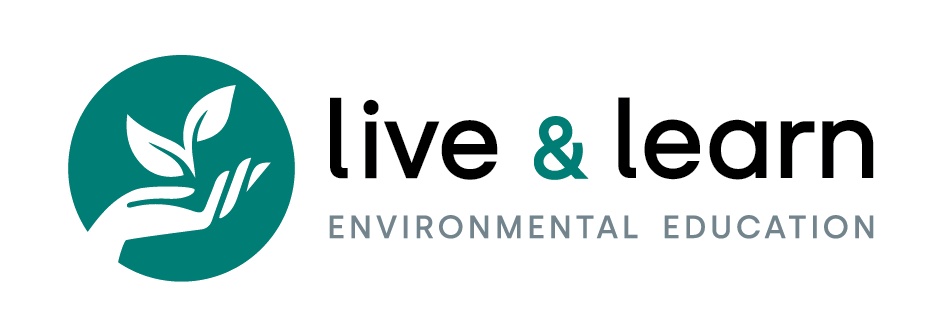Tropical Cyclone Gita was the most intense tropical cyclone to impact Tonga since 1982. It passed over the Tongatapu and ‘Eua island groups on 12 February 2018, impacting approximately 80,000 people. The storm brought down power lines, damaged schools, destroyed crops and fruit trees, and damaged public buildings. 819 houses were destroyed, and 3889 houses damaged, with some households having self-recovered but most needing assistance. It has been estimated that the negative impact of the disaster on overall economic conditions in the country will be felt for several years to come.
The purpose of the two-year project ‘WASH Recovery and Resilience in Tonga’, funded by the Australian government, is to support post-cyclone WASH recovery and resilience efforts in the worst impacted areas in four districts in Eastern Tongatapu and ‘Eua (Tatakamotonga, Lapaha, ‘Eua Motu’a and ‘Eua Fo’ou). The project has the overarching goal of improving health, gender equity and resilience for 35 Tongan communities.
Simply building WASH facilities for communities does not lead to sustainable WASH improvements. Strengthening the systems, processes and skills within groups that govern and facilitate WASH at village, island and national levels is fundamental to ensuring the infrastructure provided during a response sustains in the long term. Live & Learn has learnt this lesson across the Pacific, and this project addresses sustainability and resilience risks by strengthening local systems alongside of rehabilitating community WASH infrastructure.
The project works through three main outcome areas:
1. rehabilitation of on-site water and sanitation systems in 35 communities across 4 districts in Eastern Tongatapu and ‘Eua affected by Tropical Cyclone Gita
2. building active and well-functioning Village Water Committees (VWCs), assisting in areas such as up-skilling in operation and maintenance (O&M), finance and procurement for local water systems, use of assessment tools during recovery and embedding gender equity and social inclusion in all aspects of planning and decision making
3. strengthening the existing HN WASH Cluster to foster enabling environments that support improvements for national WASH standards and that utilise gender and socially inclusive approaches.

